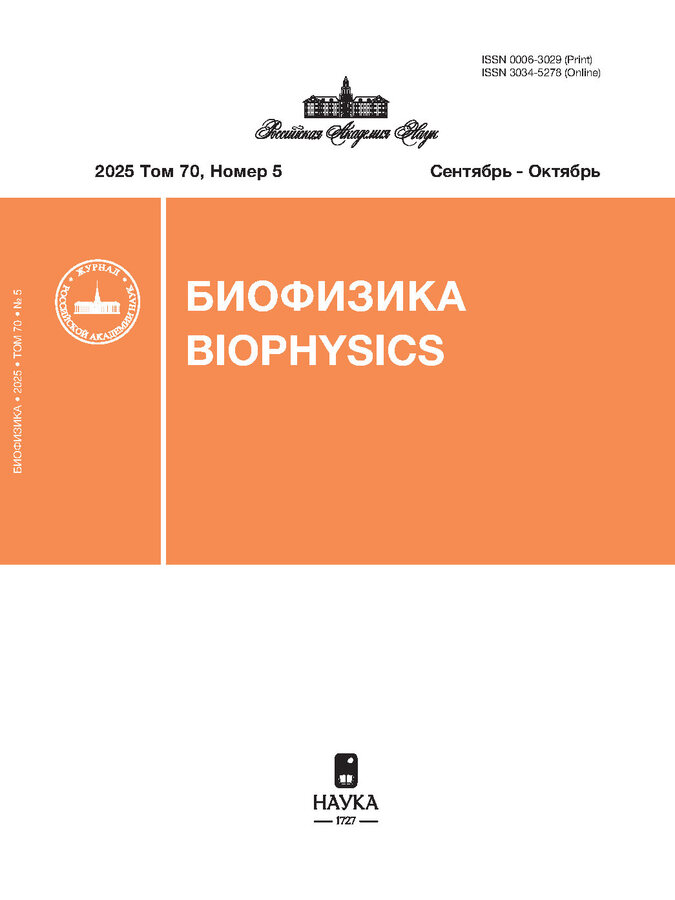Abstract
The biological activity of 2-ethyl-6-methyl-3-hydroxypyridine carnitinate was studied. This substance exhibited high antiradical and antioxidant activity. It could indicate that 2-ethyl-6-methyl-3-hydroxypyridine carnitinate might have the ability to modulate stress-related alterations. The aim of this study was to examine the results supporting antistress property of this drug using a model of acute hypobaric hypoxia. Acute exposure to hypobaric hypoxia increased the rate of lipid peroxidation by 2.3 times, leading to changes in the content of C18 and C20 fatty acids in mitochondrial membranes: the double bond index of C18 fatty acids decreased by 18.2%, the content of 20:3ω3, 20: 2ω6 and 20:1ω9 dropped by 13%, 80% and 33%, respectively. These changes were accompanied by changes in the bioenergetic characteristics of mitochondria. The maximum rates of NAD-dependent substrate oxidation decreased by 28–35%. Administration of 2-ethyl-6methyl-3-hydroxypyridine carnitinate (10–6 mol/kg) to animals for 5 days suppressed lipid peroxidation, prevented changes in fatty acids composition of mitochondrial membranes, and, consequently, alterations in mitochondrial bioenergetics what most likely determined the anti-stress properties of the drug: 3.5–4.0-fold increase in life expectancy and 12–40% increase in the survival rate of mice under various types of hypoxia. The preparation was also able to enhance wheat seed germination and seedlings growth.










